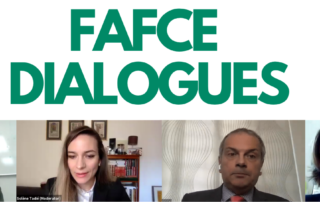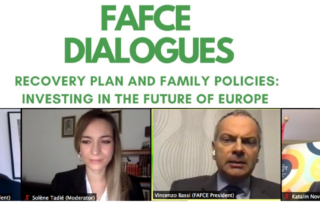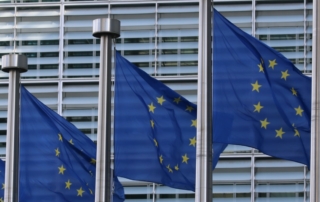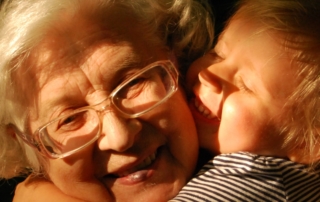Economy of the Family
The areas in which a family operates are relevant not only from a social standpoint but also from an economic one. Like any business, a family operates through organisation, professionalism, and efficiency. Family members conduct their family activities free of charge, producing many positive externalities to their members and to society as a whole. Therefore, a family can be classified as an economic entity, and its function is original and necessary to achieve the common good in areas of constitutional importance (e.g. education and care). Stronger families do not just consume good and services, but also finance the banking system with their savings and help relieve distressed public finances thanks to their intergenerational solidarity.
Family is a relevant economic actor that should be supported as much as companies in its role towards society.
Non-performing loans: the impact of the pandemic on families and credit
The pandemic created disastrous consequences for the global and European economy. Many families and businesses experience financial difficulties, and fail to reimburse their loans, thus creating issues of non-performing loans. The non-performing loans are bank loans that are[1] subject
FAFCE Dialogue with Elena Bonetti, Italian Minister for Family and Equal Opportunities: “The Families need to be seen as subject who are able to create the future”
“These FAFCE Webinars aim to raise awareness on demographic and family issues”. Those were the words of FAFCE President, Vincenzo Bassi, at the opening of FAFCE Webinar with the Italian Minister for Family and Equal Opportunities, Ms Elena Bonetti.
Where is the family in the EU recovery plan?
In the past 6 months, the European Commission, the European Parliament and EU Member-States discussed and adopted several instruments to overcome the pandemic and its economic consequences. Key elements to understand the EU Recovery Plan To address the pandemic
FAFCE Dialogue with Katalin Novák, Hungarian Minister for Families: “Families should not be forced to give up on their wish to have children”
Will the EU recovery plan invest in the family? What are the good practices of family policies in Hungary? Those were the questions raised during last FAFCE Webinar with Katalin Novák, Hungarian Minister for Families. Ms Novák recalled the
FAFCE WEBINAR on the EU recovery and its investment in the family: “Without families and family associations there is no future for Europe”
In cooperation with our Spanish member Foro de la Familia, FAFCE organised an online event on 3 December 2020 to discuss the EU Recovery plan and its investment in the family. The Webinar was hosted by Member of the
FAFCE highlights the role of parents for the EU strategy on the rights of the child (2021-2024)
FAFCE has been committed for the past years to bring the voice of families at the institutional level in Europe, especially through continuous contributions to the public consultations, which are an integral part of the legislative process of the
The United Nations General Assembly recalls the importance of the family
On November 13th, the United Nations General Assembly adopted a new resolution on the “Follow-up to the twentieth anniversary of the International Year of the Family and beyond”, tabled jointly by the 135 countries of G77+China, together with the
The EU Trio Presidency and European Commissioners express their support for families
On the 24th of November 2020, the German Federal Ministry for Family Affairs, Senior Citizens, Women and Youth organied an online event on “Overcoming COVID-19 – jointly developing prospects for strong families”, where representatives of the EU Trio Presidency
FAFCE Board Resolution | Family is the heart of the post-pandemic recovery
FAFCE Board Resolution Family is the heart of the post-pandemic recovery Online Board Meeting, 10 November 2020 The future is only possible with children, and the post-pandemic recovery will only be possible with the family. The Federation of Catholic
Is the future without demographic change possible?
FAFCE welcomes the recent answer to this question given by the European Committee of the Regions in an Opinion on “Demographic change: proposals on measuring and tackling its negative effects in the EU regions” adopted on October 14th, 2020.













